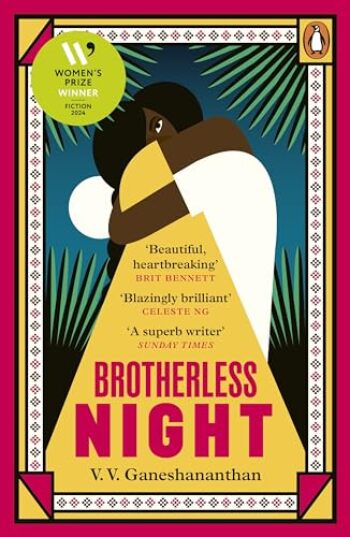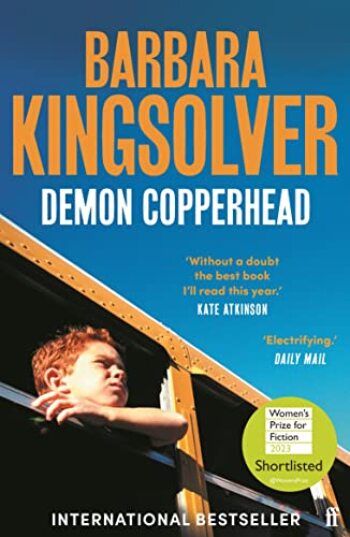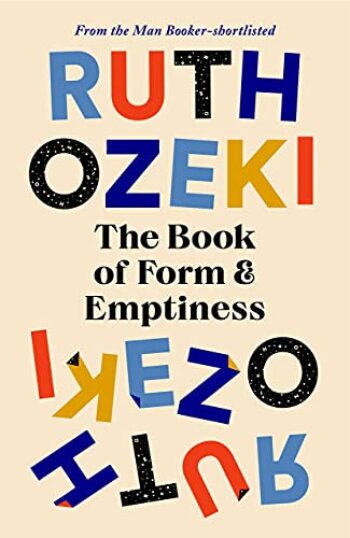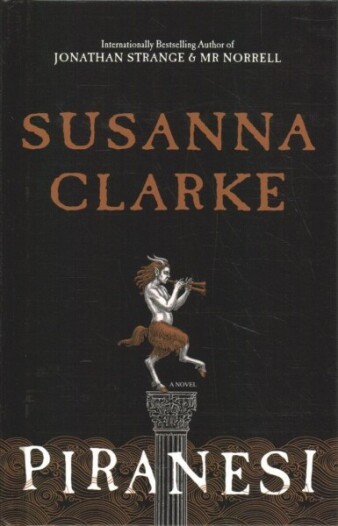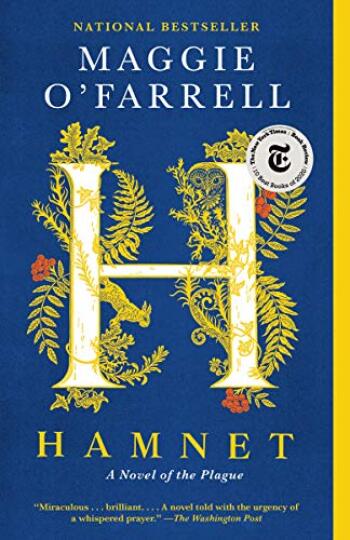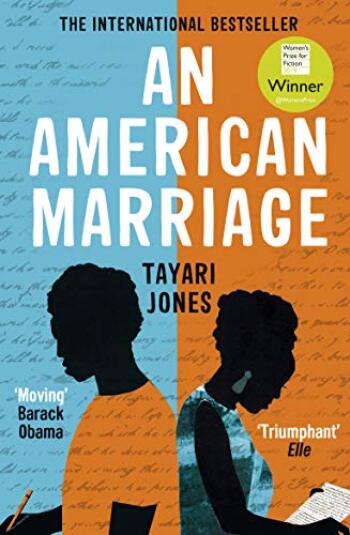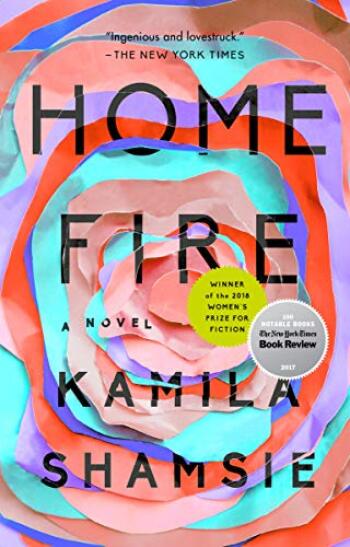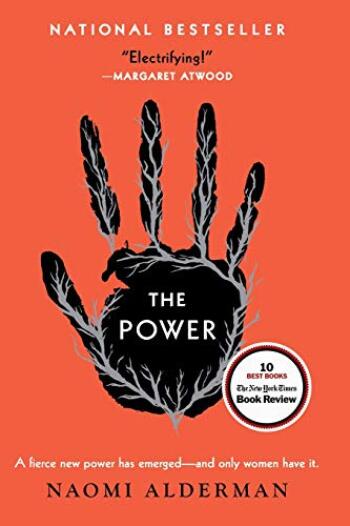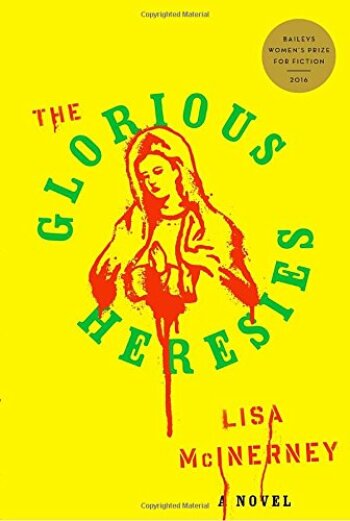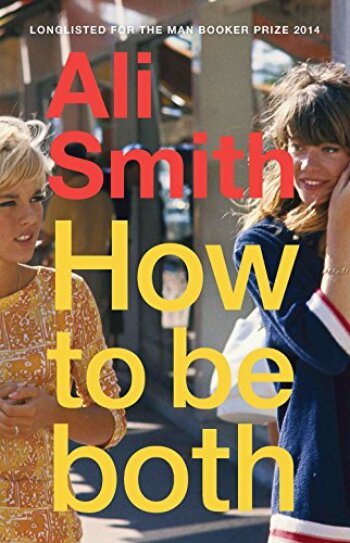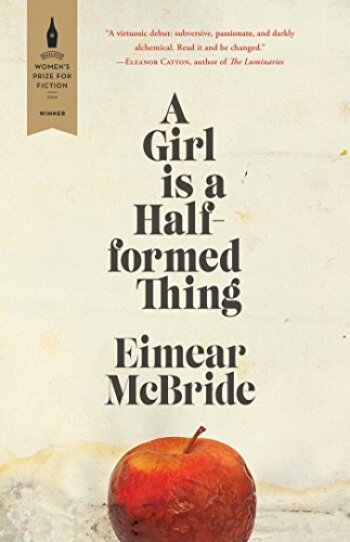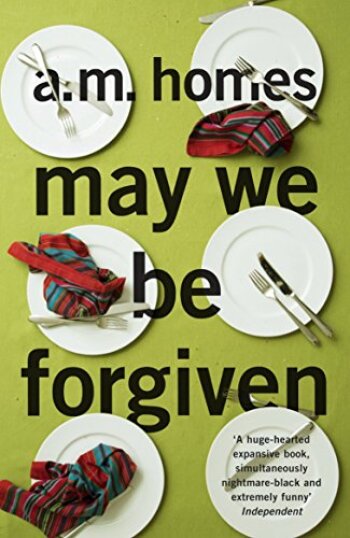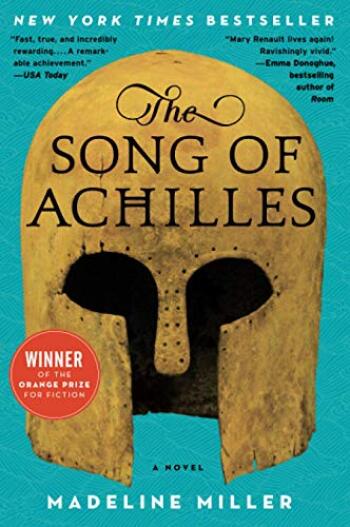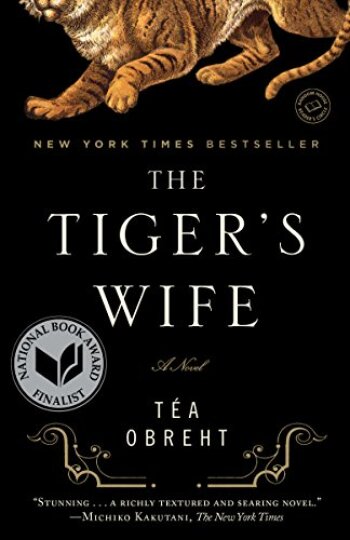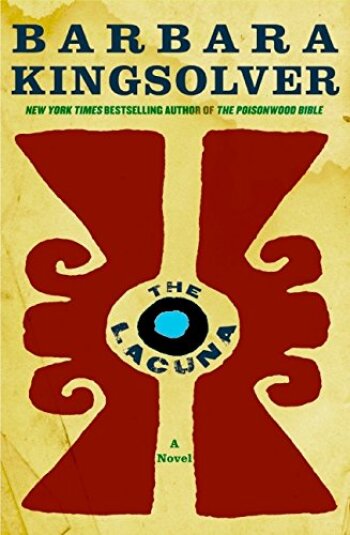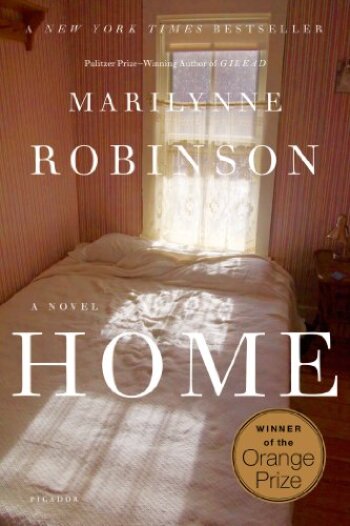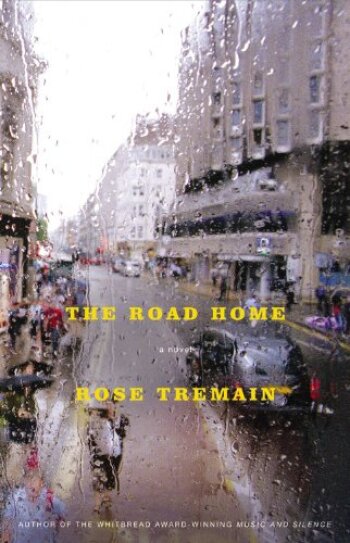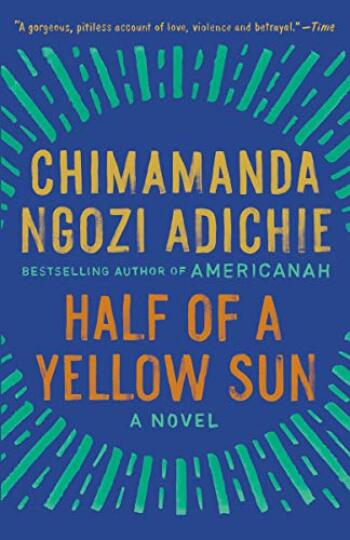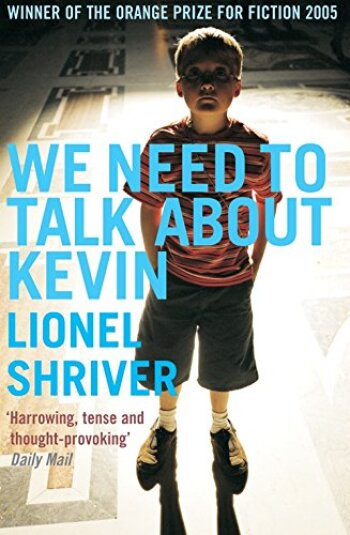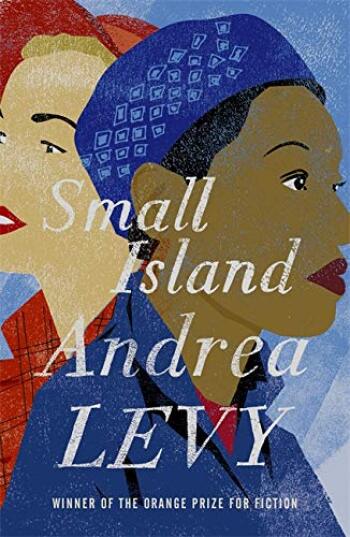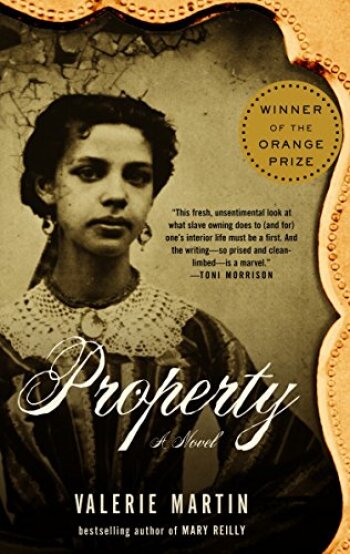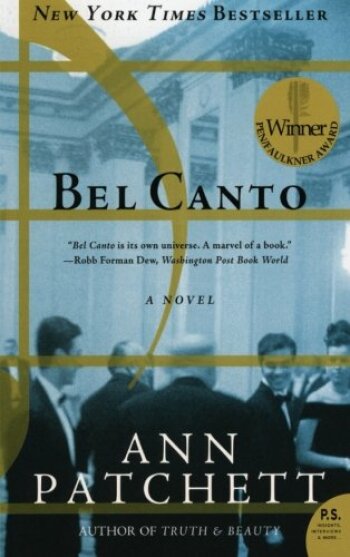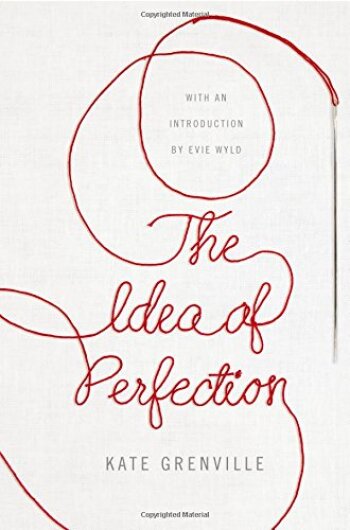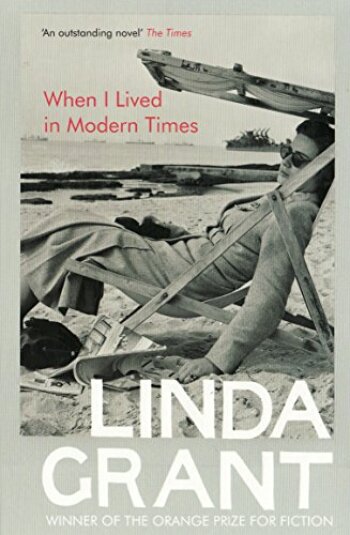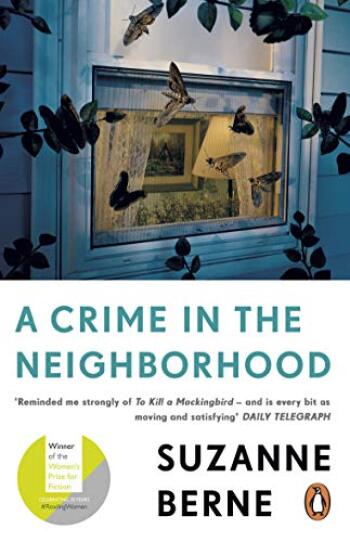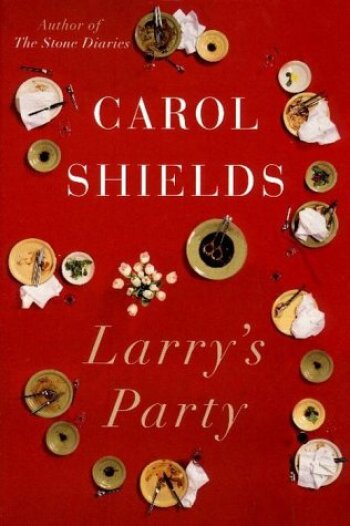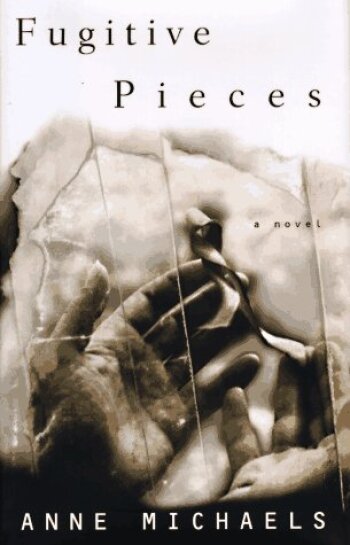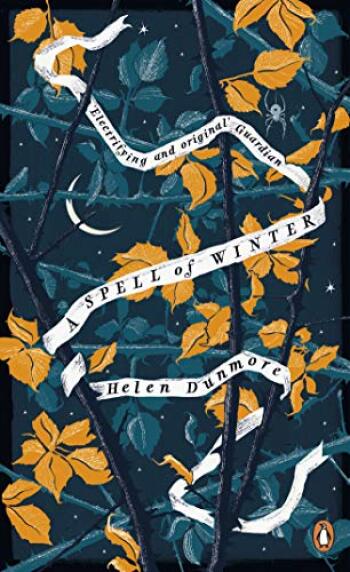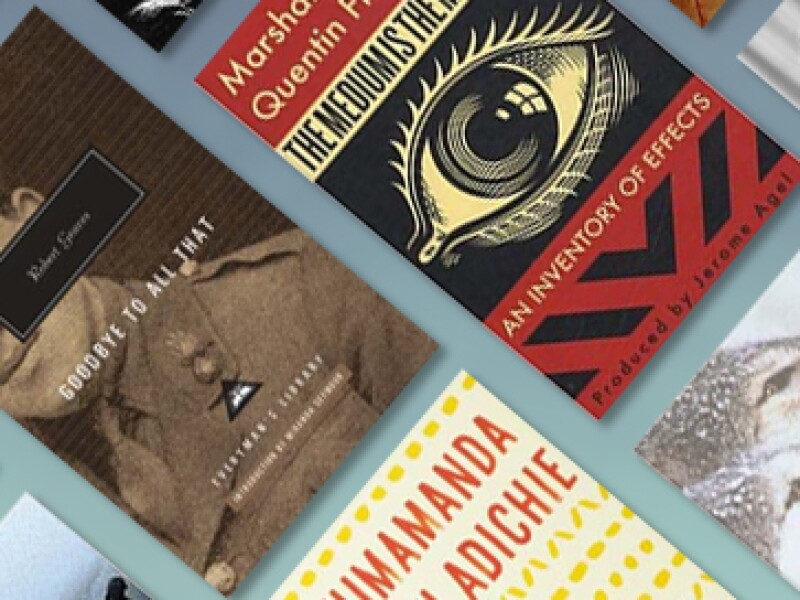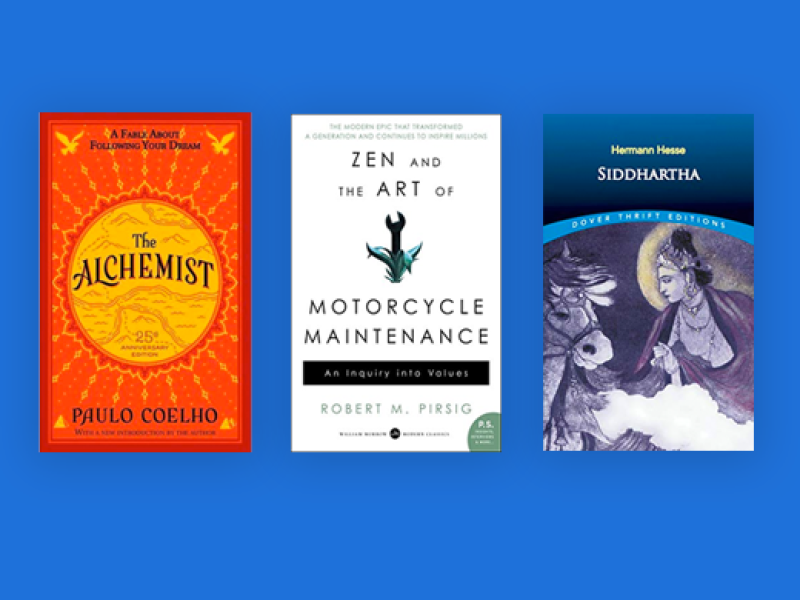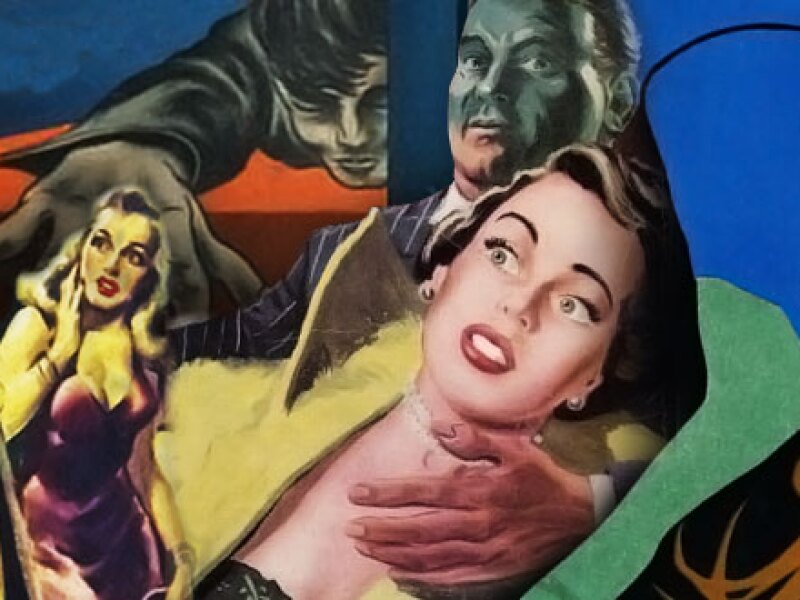Since 1996, the Women's Prize for Fiction has recognised and celebrated the best fiction by women writers around the world. Bestselling novelist and playwright Kate Mosse founded the UK-based award to champion women in the male-dominated awards scene. Despite writing 60% of books published, by 1992 only 1 in 10 authors shortlisted for the Booker Prize were women.
While representation of women and BIPOC (Black, Indigenous, and people of colour) authors on award lists has improved, the Women's Prize for Fiction continues to play a crucial role in shining a spotlight on outstanding writers. Past winners include Zadie Smith, Carol Shields, Ali Smith, and Chimamanda Ngozi Adichie.
The Safekeep by Yael van der Wouden has won the 2025 Women's Prize for Fiction. Set in 1961 Netherlands, the story follows Isabel, a woman whose disciplined, solitary life unravels when her brother's girlfriend Eva becomes an unexpected houseguest. The novel explores repressed desires and forgotten histories as it reveals how the shadows of World War II linger in the quiet Dutch countryside.

